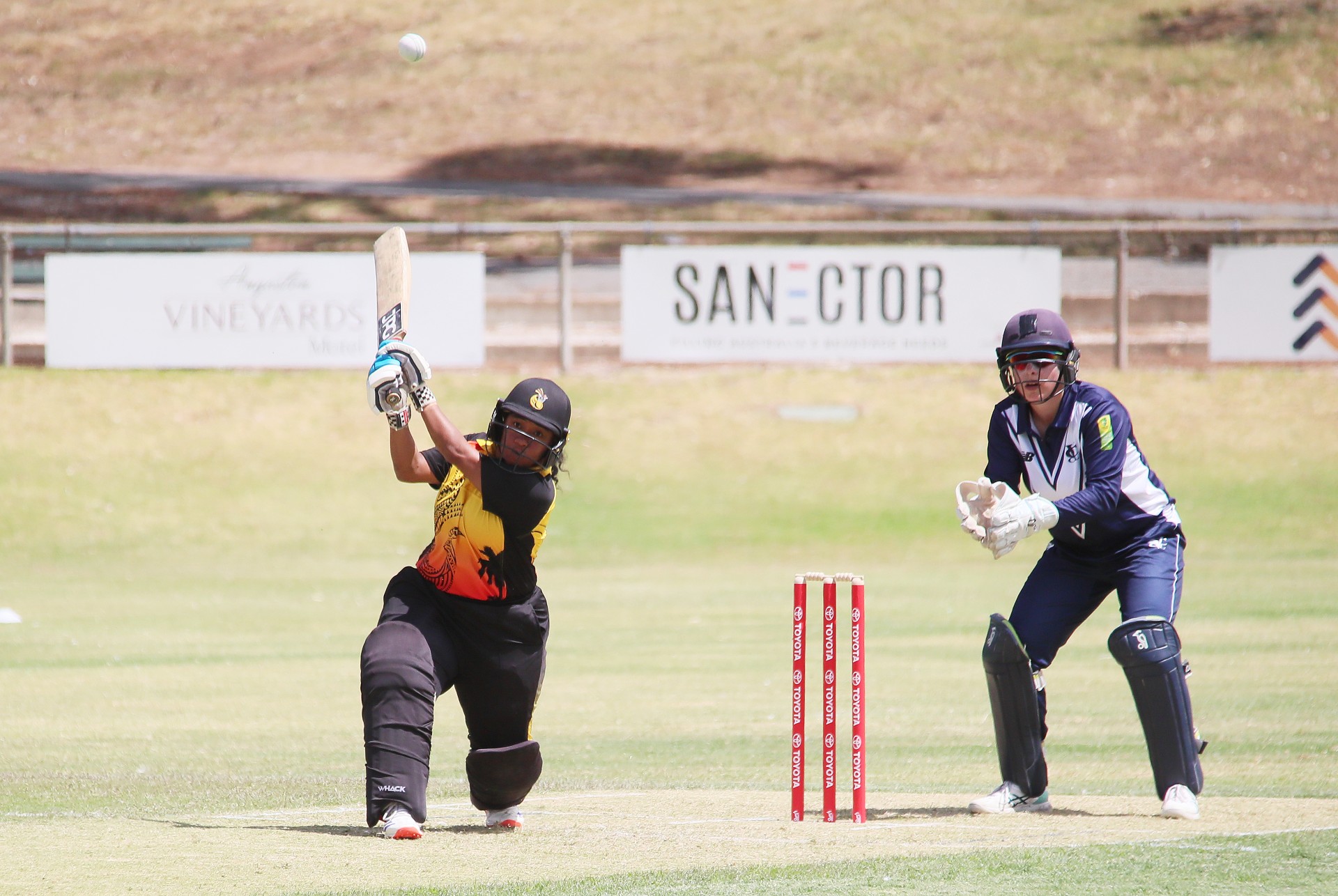World TB Day is observed on March 24 each year to raise public awareness and understanding about one of the world’s top infectious killers - tuberculosis (TB) and its devastating health, social and economic impact on people around the world. This date marks the day in 1882 when Dr Robert Koch announced that he had discovered the bacteria that causes TB, which opened the way towards diagnosing and curing this disease.
TB remains one of the world’s deadliest infectious killers. Each day nearly 4000 lose their lives to TB and close to 30,000 people fall ill with this preventable and curable disease. Drug resistant form of TB is major contributor to deaths from antimicrobial resistance globally. In 2019, about 0.5 million people fell ill with drug-resistant TB.
Papua New Guinea is among the top 30 countries with high burden of TB, TB/HIV co-infection and drug-resistant TB. Papua New Guinea reports about 30,000 TB cases every year. TB continues to be the leading cause of death in PNG.
The theme of World TB Day 2021 in Papua New Guinea – ‘The Clock is ticking. END TB’ – conveys the sense that we are running out of time to act on commitments to End TB in PNG. This is especially critical in the context of COVID-19 pandemic that has put End TB progress at risk, and to ensure that our people continue to have access to quality TB prevention and care services.

Amidst COVID-19 pandemic we must continue our fight against tuberculosis. Hard won gains are now under threat. People with active, untreated TB are far more likely to die than COVID-19. The risk of death in TB patients approaches 50% if left untreated and may be higher in the elderly or in the presence of co-morbidity.
The advantage for TB is that we do have treatments that work, including for drug-resistant forms of TB. Continue taking TB treatment every day. DO NOT miss a dose and follow medical advice. You must complete your treatment to be cured.
Minimize your exposure to COVID-19: wear mask, keep physical distancing, frequently wash your hands, and limit time spent in crowded or enclosed places.
Everyone has a role to play in ending TB – individuals, communities, businesses, governments, societies.
We must continue to save lives and end preventable TB deaths.






